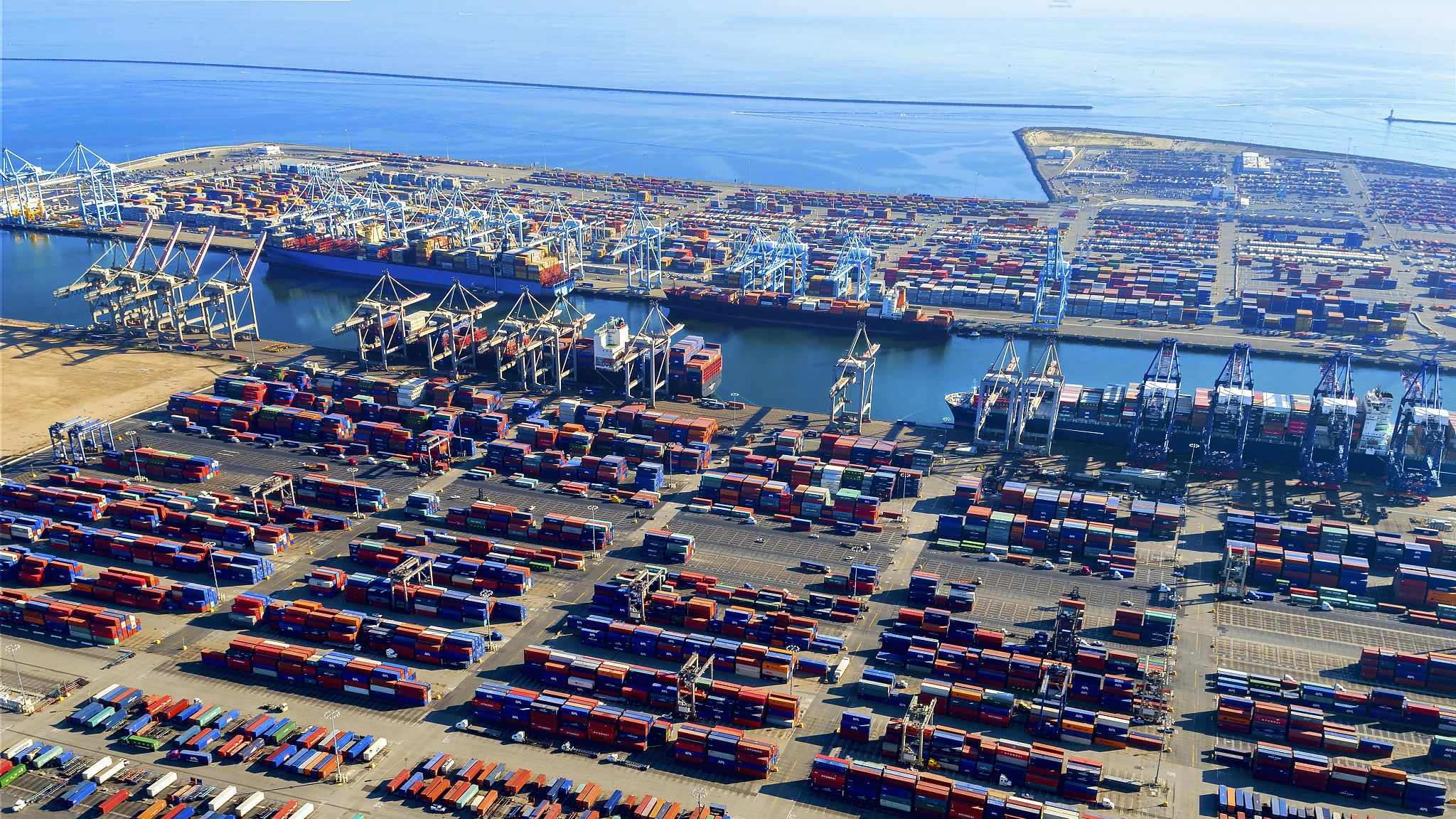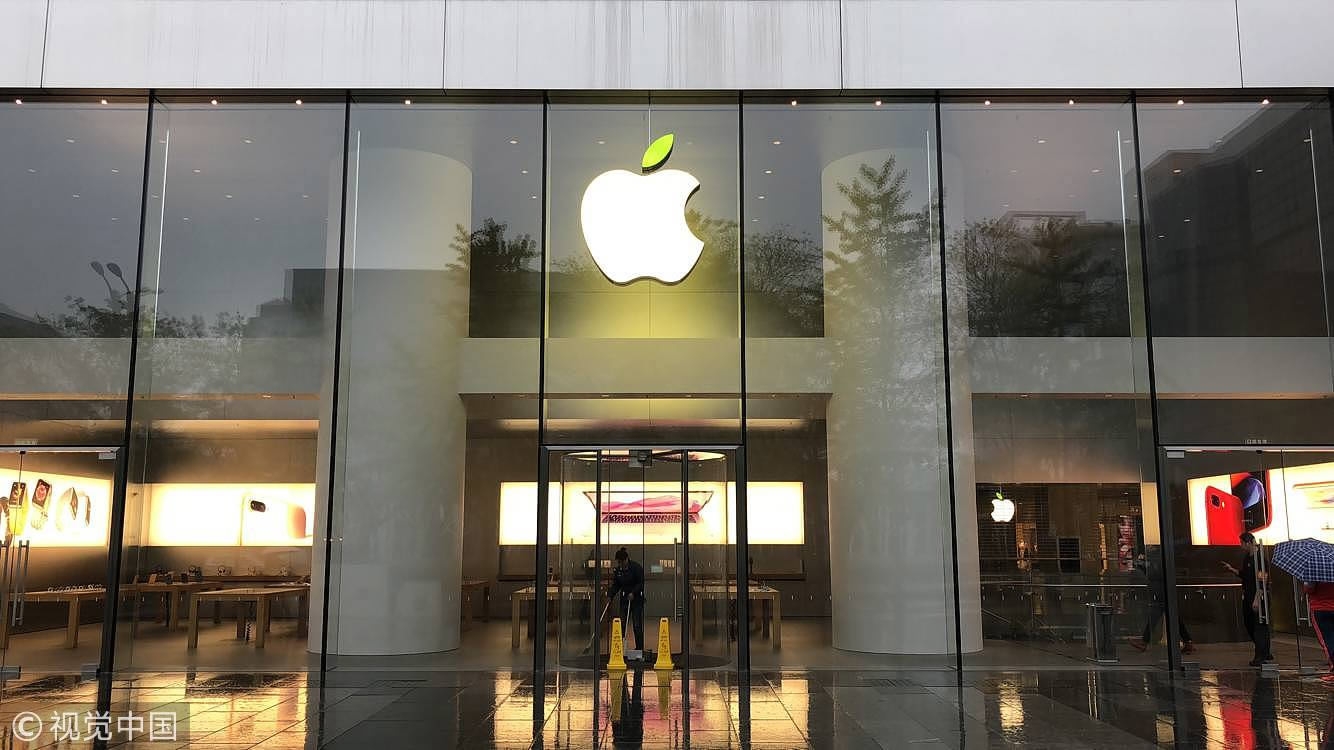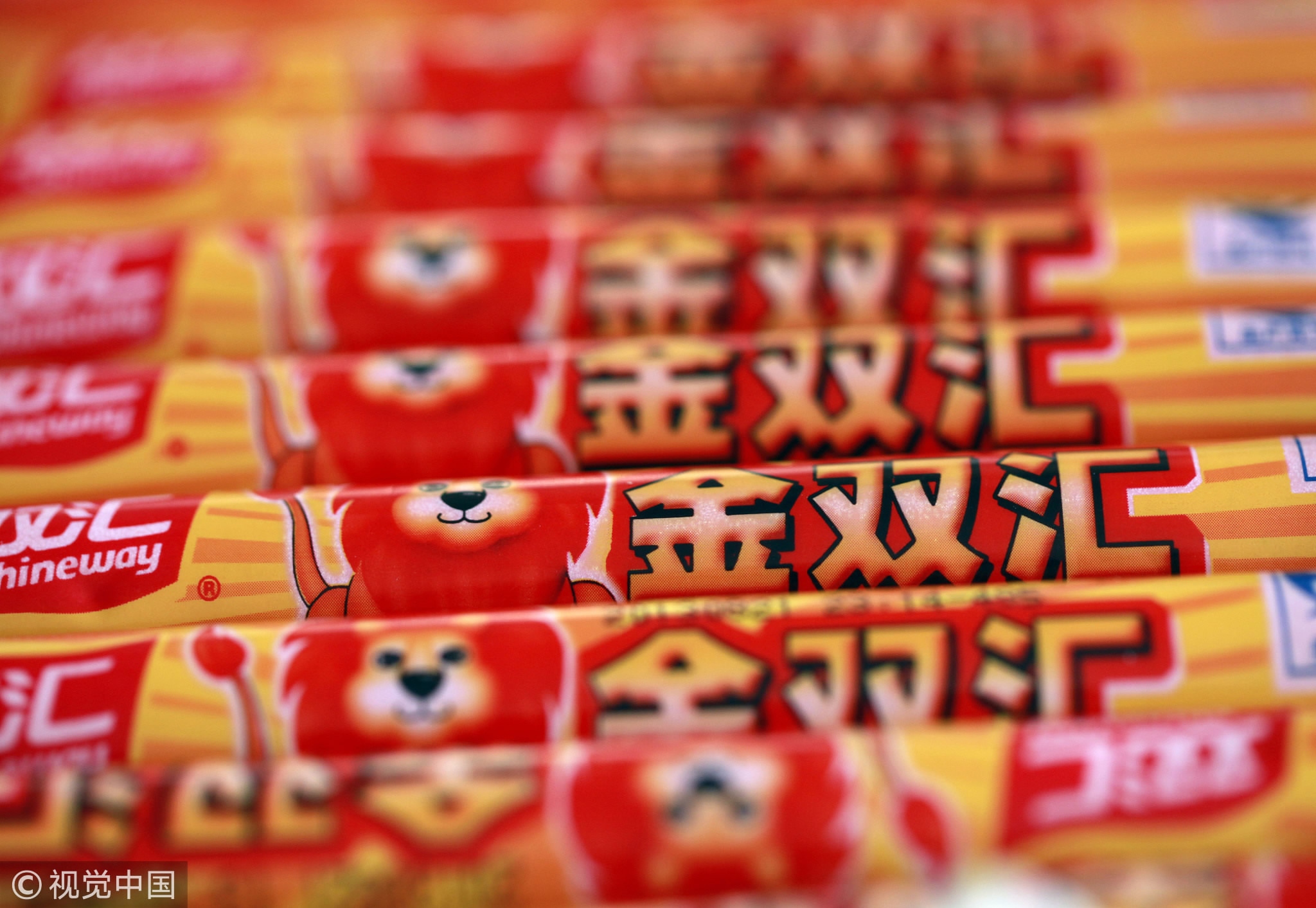
Opinions
18:06, 16-May-2018
Opinion: Not the first time US has seen a 'trade enemy' in Asia
Guest commentary by Zhou Mi

In November, while President Trump was on his first state visit to China, Congressman Robert Pittenger introduced legislation that would expand the government’s ability to block foreign investment in tech firms.
The bill is directed at the Committee on Foreign Investment in the United States, or CFIUS, a shadowy panel that examines purchases by “potential adversaries” that go against loosely defined “national interests.”
It was clear which “adversary” most concerned him: China had received more CFIUS reviews than any other country, according to the most recent data.
Opposition to China’s economic growth has revived memories of the late 1980s when Japan Inc. purchased companies, property and movie studios –causing an openly xenophobic tone to emerge in American society. Sony’s takeover of Columbia Pictures and Matsushita’s purchase of Universal Studios were some of Japan’s most visible investments.
In 1989, when Mitsubishi bought a controlling stake in Rockefeller Plaza, the New York Times mourned that the "centerpiece of America's most renowned metropolis is about to pass into foreign ownership."
The press reminded readers of the threat Japan posed to American freedom: "Japanese companies already own 30 percent of downtown Los Angeles and much of Honolulu."
Also adding to the chorus, White House economic adviser Lawrence Summers warned that Japan, a US ally and treaty partner, was “a greater threat to the US than the Soviet Union.”
Pittenger, long an anti-China demagogue, touts Trump administration support of his misguided bill, H.R. 4311. As the legislation moves forward, it has attracted opposition from some of the biggest companies in the US – IBM, Apple, Amazon, Google, Facebook, and Microsoft. Silicon Valley stands to lose billions of investment dollars from China.
In an ironic twist, while current politicians argue for tariffs and import restrictions, business leaders are expressing admiration for China’s balanced response to American protectionism.
Last month, Apple CEO Tim Cook spoke at the China Development Forum in Beijing, where he warned that countries that engage in protectionist policies don't perform "exceptionally" in the global market.

Apple store in Xidan, Beijing / VCG Photo
Apple store in Xidan, Beijing / VCG Photo
The protectionism that is at the core of the legislation will not guarantee the US a technological advantage over other countries. Critics say that revamping the mandate of CFIUS would expand government bureaucracy, hamper US competitiveness, and introduce unwarranted political considerations.
Further, it could replace multilateral cooperation with unilateral restrictions on outward flows of “critical technology” to either neutral or adversarial nations.
CFIUS has long been used as a protectionist tool by politicians. In 2013, a Chinese firm, Shuanghui International Holdings Ltd., announced it was acquiring Smithfield Foods, the world’s largest pork processor and hog producer.
Shuanghui Chairman Wan Long indicated his intention was to expand and improve service to the Chinese market and its growing demand for quality pork.
Without any legal basis for questioning the foreign acquisition of a food processor, senators and representatives, Democrat and Republican, looked to CFIUS to save their special interests.
Among the arguments raised were vaguely defined “security” interests, including food safety. After a long battle, the deal was ultimately approved, but exposed a clear anti-China bias.

Shuanghui's ham sausage / VCG Photo
Shuanghui's ham sausage / VCG Photo
China’s economic development has naturally led to increased overseas investment. The evolution from a one-way to a two-way investment relationship is good and can help stabilize and deepen US-China relations. American firms have invested in China for years – more than 80 billion US dollars since China opened to the world in 1978.
In comparative terms, Chinese investment in America is still small. China doesn’t even make the top 15 countries on the US Department of Commerce’s list of foreign direct investors for 2016 (the most recent figures).
The Chinese investment total for 2016 was just 27.48 billion US dollars, well below the United Kingdom, with 555.69 billion US dollars, and Japan, with 421.1 billion US dollars.
Officially, publicly, and logically, China is not an enemy of America. Importantly, there are critical world issues that require cooperation between the two nations. Global warming, for example, requires the cooperation of the two leading producers of carbon.
The DPRK nuclear threat cannot be contained without the joint efforts of China and the United States. Despite its upward trajectory, China remains a country that needs American cooperation in a number of areas.
Measures and policies such as Pittenger's bill undermine the credibility of CFIUS' legitimate role in safeguarding national security. H.R. 4311 hamstrings American business interests, and discourages Chinese investment, confidence, and trust.
Growing distrust between China and the United States does not enhance American security. Discouraging investment and growing protectionism will harm both economies.
(Dr. Zhou Mi is deputy director of the Institute of America and Oceania of the Chinese Academy of International Trade and Economic Cooperation under China's Ministry of Commerce. The article reflects the author’s opinion, and not necessarily the views of CGTN.)

SITEMAP
Copyright © 2018 CGTN. Beijing ICP prepared NO.16065310-3
Copyright © 2018 CGTN. Beijing ICP prepared NO.16065310-3